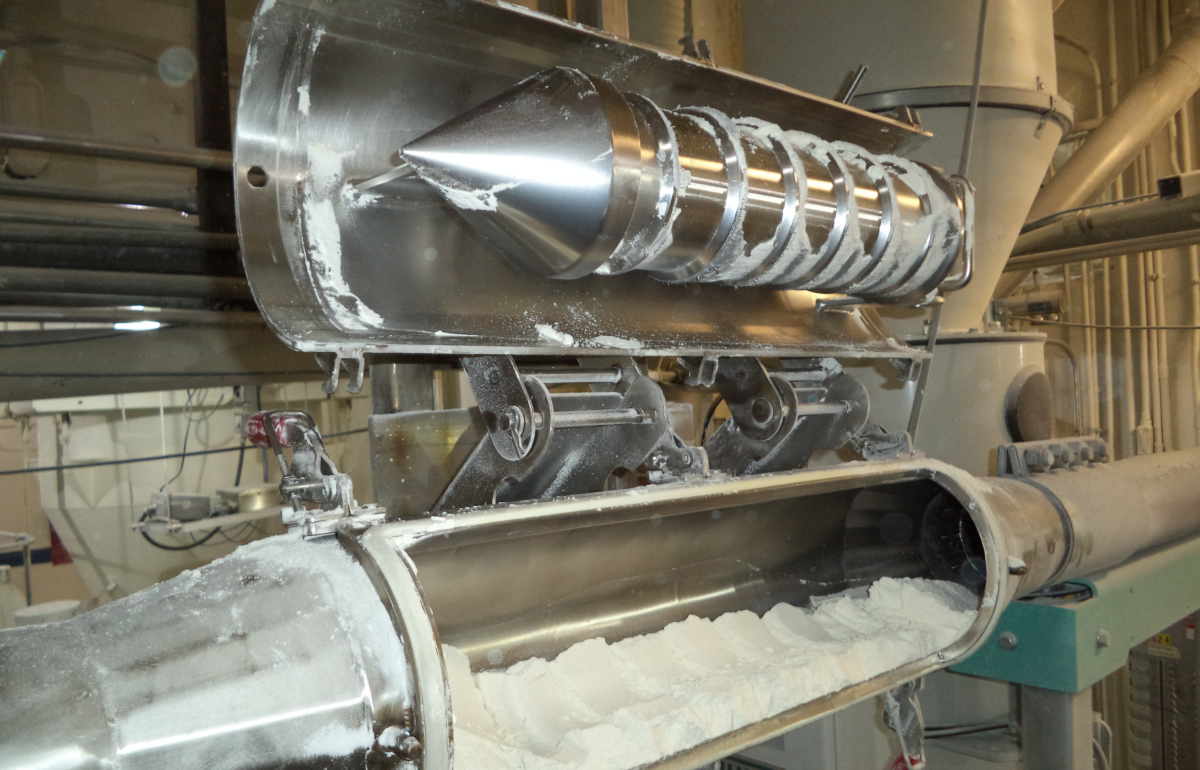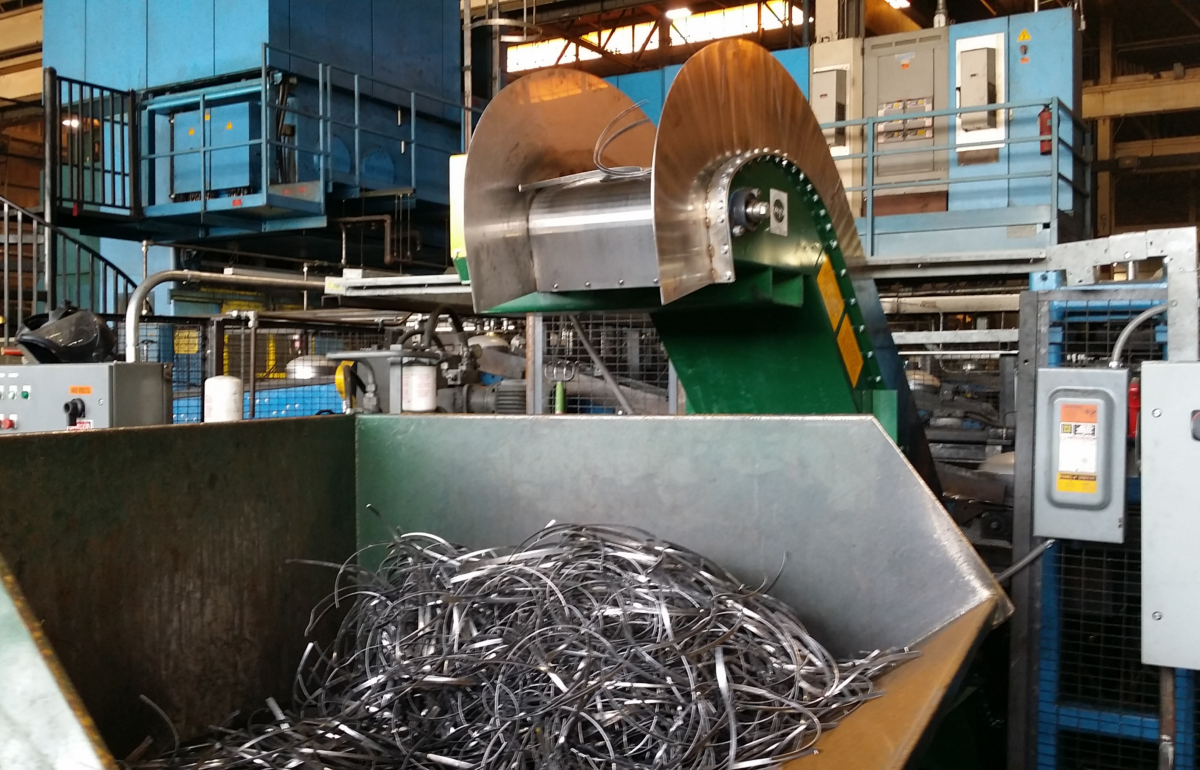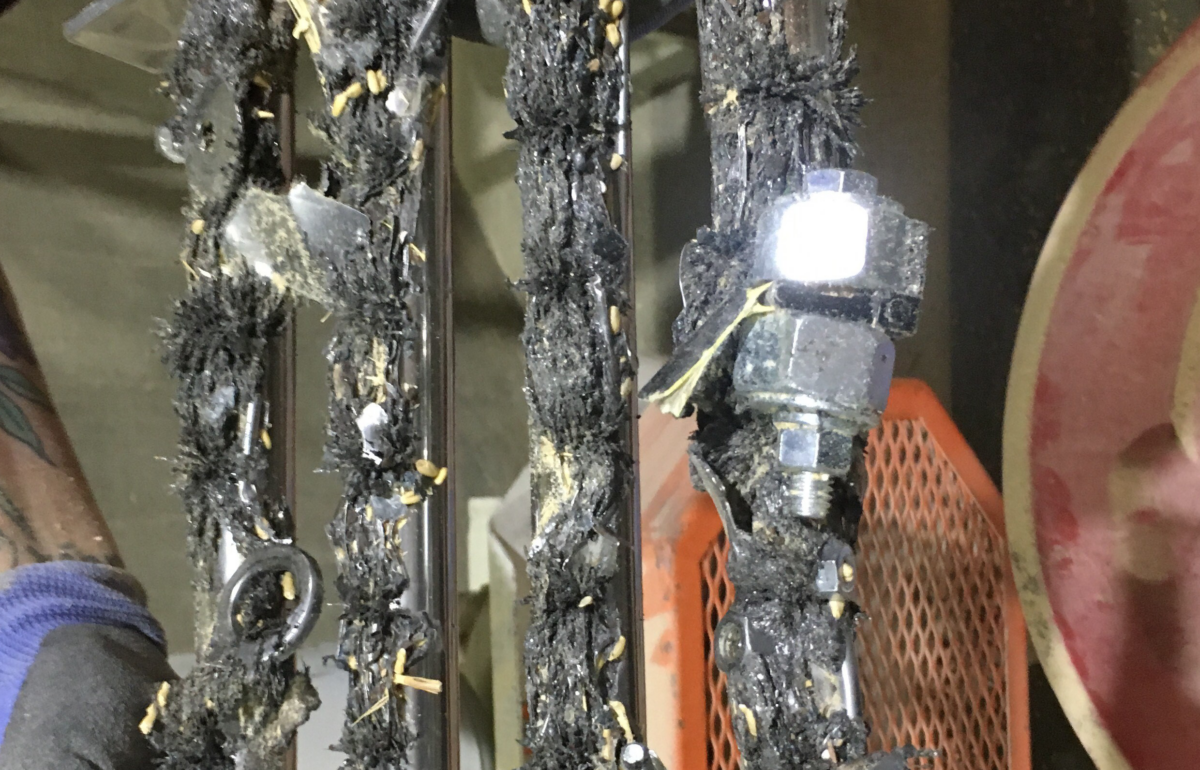On-site magnet certification audits help customers maintain effective metal control programs. MPI auditors test every magnet in your facility, regardless of age, condition, application, or brand, to ensure your magnetic separators are performing at peak efficiency and meeting industry standards.
Effective material handling is essential to maintaining productivity, reducing downtime, and improving plant safety. Evaluating your scrap and parts handling systems and processes is the first step toward identifying inefficiencies and bottlenecks, and improving material flow.
Contact the MPI team to schedule an audit of your magnets and metal control system, or an evaluation of your material handling system and processes.



